Description
Adopt a Leopard Cub for Sale: A Unique and Exotic Companion
A leopard cub for sale is undeniably one of the most captivating and majestic creatures in the animal kingdom. With their striking spotted coats, playful personalities, and wild charm, these cubs have become a sought-after choice for exotic pet enthusiasts. However, adopting a leopard cub for sale is a significant responsibility that requires specialized care, a deep understanding of their needs, and compliance with legal regulations. If you’re considering bringing one into your life, this guide will provide you with the essential information to make an informed decision. More
Introduction to Leopard Cubs
Leopards (Panthera pardus) are one of the most adaptable and widespread big cats, found in various habitats across Africa and Asia. Leopard cubs for sale are born blind and helpless, relying entirely on their mother for the first few months of life. As they grow, they develop into agile, powerful, and intelligent animals. While their playful and curious nature makes them endearing, it’s important to remember that these cubs are wild animals and will eventually grow into strong, independent predators.
Physical Characteristics of Leopard Cubs
These cubs are known for their adorable appearance and unique features:
- Coat: Their soft, fluffy fur is covered in rosette-shaped spots, which provide camouflage in the wild.
- Size: At birth, they weigh just 1 to 2 pounds, but they grow rapidly, reaching up to 20 pounds by six months.
- Eyes: They are born with blue eyes, which gradually change to a golden or greenish hue as they mature.
- Playfulness: Cubs are highly energetic and curious, often engaging in playful behaviors like pouncing, climbing, and exploring.
Behavior and Temperament
Leopard cubs for sale are naturally playful, curious, and affectionate, making them seem like ideal pets during their early months. However, as they grow, their wild instincts become more pronounced. Leopards are solitary and territorial animals, and even hand-raised cubs can exhibit unpredictable behaviors as they mature. While they may form bonds with their human caregivers, they are not domesticated and require experienced handling.
10 Essential Care Tips for Leopard Cubs
1. Spacious Housing
- They need a spacious, secure enclosure that allows them to climb, explore, and play. As they grow, their enclosure must be expanded to accommodate their size and strength.
2. Balanced Diet
- These cubs are obligate carnivores, meaning their diet must consist entirely of animal protein. A balanced diet includes raw or cooked meat, such as chicken, beef, or rabbit, supplemented with bones for dental health.
3. Socialization and Training
- Early socialization is crucial to build trust with their caregivers. Positive reinforcement training can help manage their behavior, but it’s important to remember that they will always retain their wild instincts.
4. Veterinary Care
- They require specialized veterinary care from professionals experienced with exotic animals. Regular check-ups, vaccinations, and preventive care are essential to ensure their health and well-being.
5. Exercise and Enrichment
- Provide climbing structures, toys, and opportunities to hunt or explore to keep them mentally and physically stimulated.
6. Grooming
- Regularly check their fur, nails, and teeth to ensure they remain in good condition.
7. Environmental Enrichment
- Create a stimulating environment with climbing structures, foraging toys, and safe outdoor exposure (if possible).
8. Temperature and Lighting
- Maintain a temperature of 70-80°F (21-27°C) and provide access to natural or full-spectrum lighting to mimic their natural environment.
9. Legal Compliance
- Research local laws and regulations before adopting. Many areas require permits, licenses, and proof of adequate housing.
10. Long-Term Commitment
- Remember, these animals can live for several decades, so ensure you’re ready for a lifelong commitment.
Legal Considerations
Owning a leopard cub for sale is subject to strict regulations that vary by location. Many countries and states require permits, licenses, and proof of adequate housing. Failure to comply with these laws can result in fines, confiscation of the animal, or legal action. Always research local laws and consult with wildlife authorities before considering adoption.
Why Adopt a Leopard Cub for Sale?
Adopting a leopard cub for sale is a unique opportunity to connect with one of nature’s most beautiful and enigmatic creatures. Their playful nature and striking appearance make them a truly extraordinary companion. However, ownership is not for everyone. It requires a significant commitment of time, resources, and expertise to ensure their well-being.
Interesting Facts
- They stay with their mother for up to two years, learning essential survival skills.
- Their rosette patterns are unique to each individual, much like human fingerprints.
- They are excellent climbers and often take to trees to avoid predators or store their prey.
- Leopards are listed as vulnerable by the IUCN due to habitat loss, poaching, and human-wildlife conflict.
Conclusion
A leopard cub for sale is undeniably captivating, but they are not traditional pets. Adopting one is a lifelong commitment that requires specialized care, a deep understanding of their needs, and compliance with legal regulations. If you are prepared to provide the love, space, and care they need, you could be rewarded with a unique and unforgettable bond.
At exoticpetscare.com, we are committed to helping you find the perfect exotic companion. Contact us today to learn more about adopting or to explore other exotic pet options available to you.

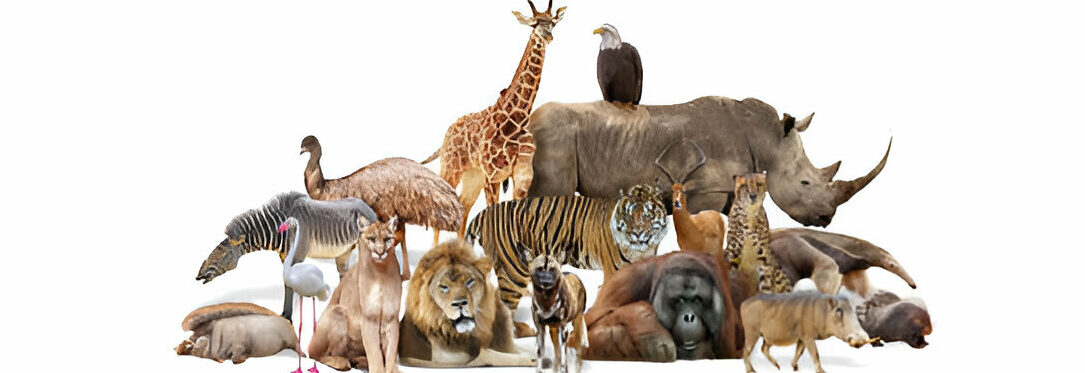
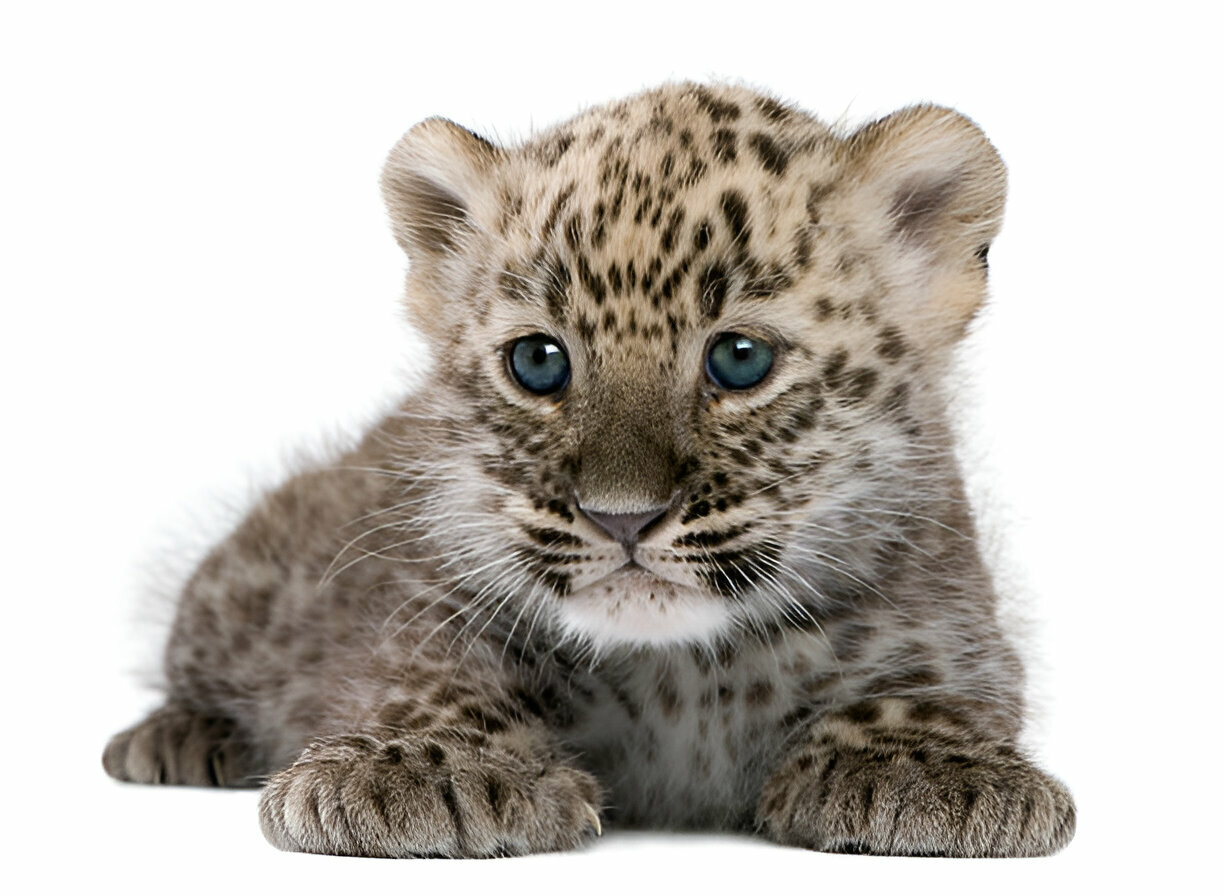
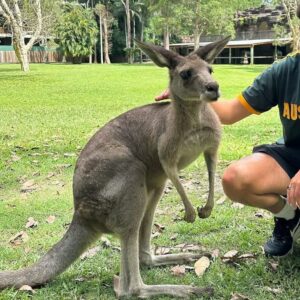
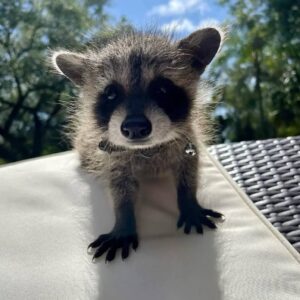
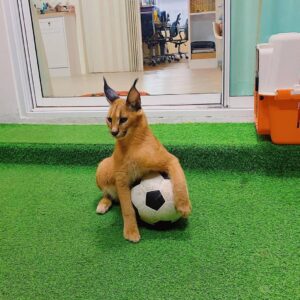
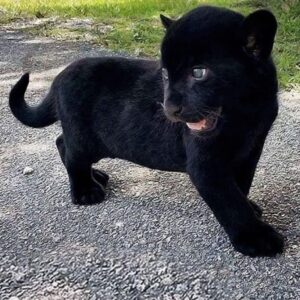
Reviews
There are no reviews yet.